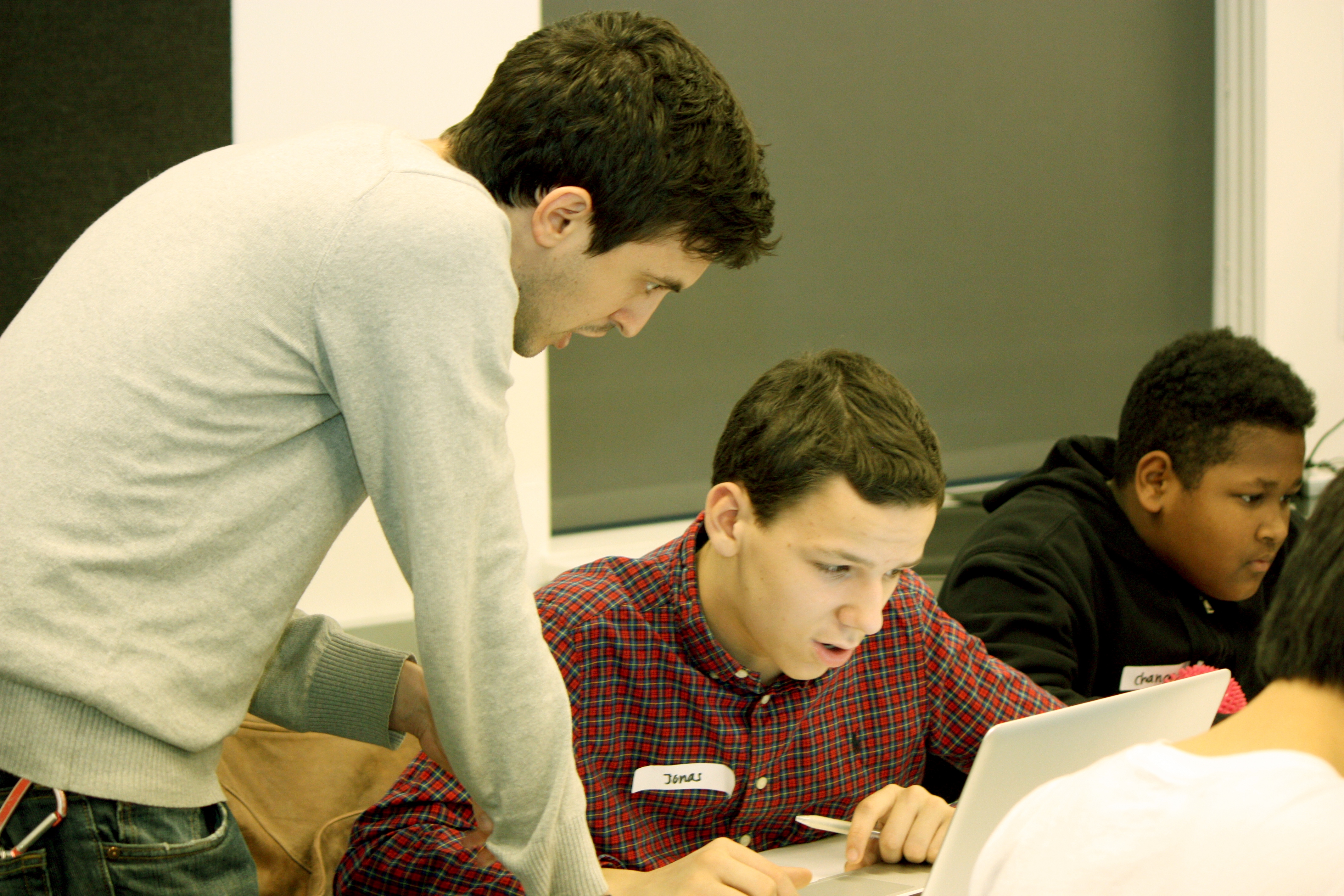Our Courses
Current Offerings
Developing Assistive Technologies (Anita Perr, Scott Fitzgerald, Claire Kearney-Volpe)
This multi-disciplinary course allows students from a variety of backgrounds to work together to learn about and develop assistive technology. Partnering with outside organizations, students will work in teams to identify a clinical need relevant to a certain clinical site or client population, and learn the process of developing an idea and following that through to the development of a prototype product.
RegisterDesign for the Real World (Diana Castro, Claire Kearney-Volpe)
In this multidisciplinary course, students will work collaboratively to research, design, and develop a system of client centered data management, musical interfaces and interactive learning tools for the Beat Rocker beat boxing program at the Lavelle School for the Blind. The Beat Rocker Program incorporates a unique beatboxing/speech therapy curriculum and children that are engaged in the program excel in both areas. Students in the class are expected to gain practical experience in user research/testing, human centered design and the prototyping process.
RegisterPast Offerings
Mind’s Eye Redux (Georgia Krantz, Christie Leece)
This course comprises a re-envisioning of a decade of work at museums teaching people who are blind or have low vision about 20th-century art. We will focus not on people’s lack of sight, but rather the different kinds of sight they bring to art objects, and explore these ways of seeing as contextualized through diverse literature and applied to our own individual practices. In the above quotes, Anais Nin considers subjective vision, John Berger the profoundly complex relationship between seeing and knowing, and Pablo Picasso the non-privileging of sight as the primary mechanism for making and creativity. In the natural sciences, looking may be observed as the process of light passing through the eye, as distinct from seeing, which refers to the brain’s processing of information; whereas fields of psychology and philosophy approach perception in relation to subjectivity, reality, knowledge and experience. Artists and thinkers in areas of cultural studies have considered sight and perception in relation to identity, gender, race, power, history and a host of other social structures. Throughout the semester, students will have the opportunity to work directly with artists and art appreciators with visual impairments to gain feedback and critique as they develop their own work. Several of the classes will be dedicated to site visits of art institutions in New York City.
Looking Forward: Access and Assistive Tech for People with Low Vision and Blindness (Claire Kearney-Volpe and Gus Chalkias)
This course offers a survey of assistive technologies for people with low vision and blindness, from historical, contemporary, and forward thinking perspectives. Guest lectures from leaders in the field and people with lived experience help students learn about low-vision and blindness accessibility across several domains (web, wayfinding, literacy, socialization, etc.). In the second half of the class, students partner with each other and community members to develop their own projects that transform and advance these technologies.
Accessible Making (John Schimmel) DM9103:1494
The Maker movement and the rise of STEM (Science, Technology, Engineering, Mathematics) in education have reignited the interest of hands-on-learning, tinkering and making. People with disabilities can directly benefit from participating in STEM activities at school, home and use these skills to find their passion and possibly a career. Currently, few options are available to make STEM accessible, how will a teenager with cerebral palsy use an Arduino if they can not use their hands? Can a student with visual impairments design a 3D model to printed if they can not see the software? How can the Maker movement include the disability community? This course will explore how the disability community can become active participants and become Makers through the use of accessible tools and methods. We will discuss the current state of assistive technology for people with disabilities and how it overlaps with the Maker movement. We will design and build accessible tools for STEM activities for classroom and home use. The ideal outcome of this course is to support the integration of the disability and Maker communities through identifying challenges and proposing accessible tools, ideas that allow accessible making.
